That Perfect Moment
In which Norm finally gets to write about Nancy Savoca's DOGFIGHT.
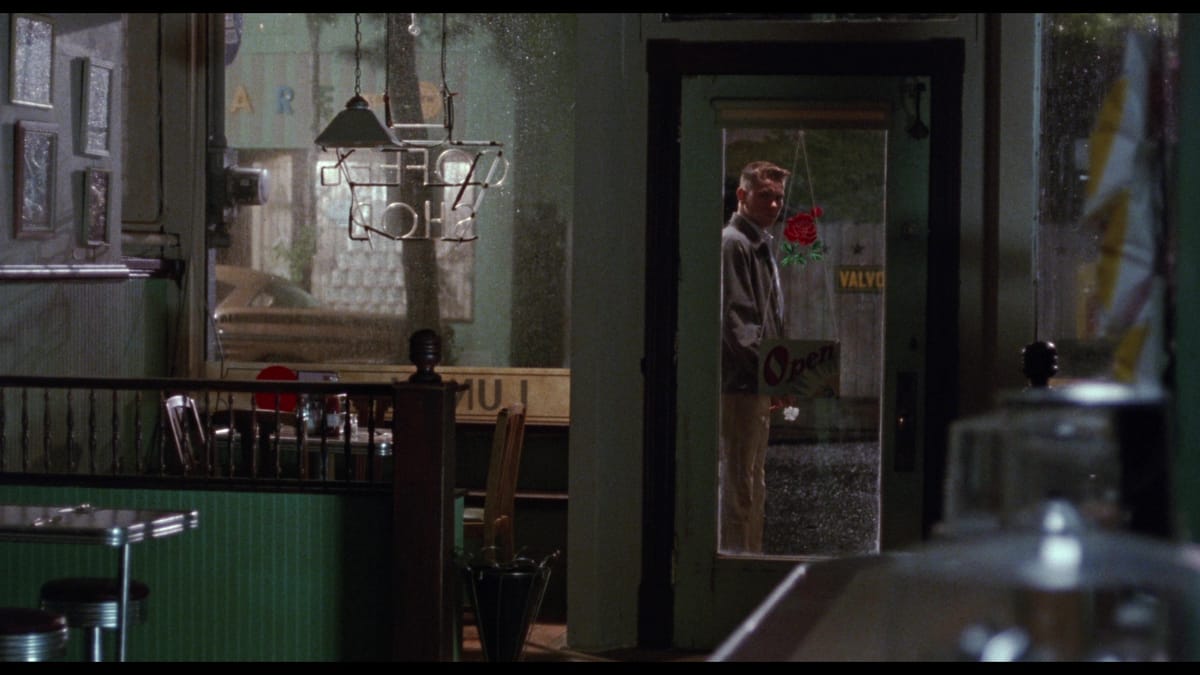
I booked Nancy Savoca on the podcast earlier this year, when the restoration of Household Saints made its Toronto debut, and before we started rolling I had to tell her: I think about the last shot of Dogfight all the time.
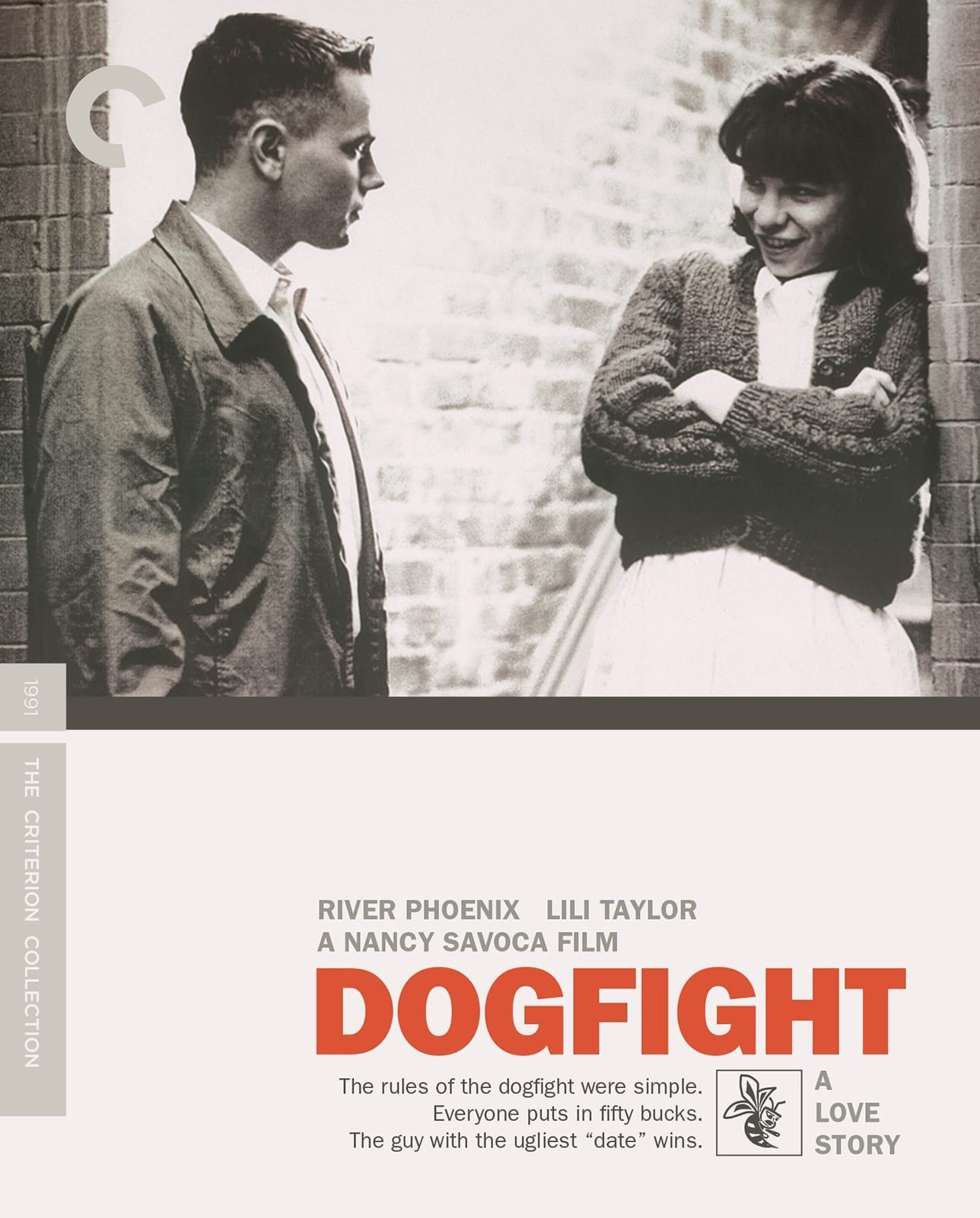
If you’ve seen the movie, you know: It’s a perfect wordless moment that lingers on the screen and in the memory, and it’s the only way Savoca’s exquisite period piece could have ended. You don’t realize that until you’re in it, of course, which is why it’s so powerful: It’s both a welcome release of dramatic tension and the validation of the hope you’ve been carrying for these people all along.
The characters, played by River Phoenix and Lili Taylor, are a Marine named Birdlace and a folk singer named Rose, who meet one night in Vietnam-era San Francisco under false pretenses: Birdlace and his buddies, enjoying their last night before shipping out, are throwing themselves a party where the GI who brings “the ugliest date” wins. And Birdlace is bringing Rose.

In another kind of movie – a service comedy, maybe, or a straight-up war picture, and one definitely directed by a guy – the dogfight would be a background gag for the hero to reject with disgust, the better to show us how much more evolved he is than the other guys in his platoon. Savoca and screenwriter Bob Comfort aren’t interested in that, though; they want us to see how someone becomes that more evolved version of himself, or more specifically they want us to watch someone wonder if he really wants to be the kind of person who brings an ugly girl to a party so he can win a few bucks, or if he can be better. And because Eddie Birdlace is played by River Phoenix at perhaps the apex of his sensitivity and beauty, we want him to get there.

We also root for Rose, because Lili Taylor also has an immediate, formidable presence. Taylor always read as wiser and more mature than her age, but it wasn’t an old-soul thing; at that time in her career she’d perfected this sort of world-weary innocence, the contradiction of someone who was used to getting her heart broken but kept giving it to people hoping for the best outcome. Think of the way she sings her character’s endless breakup songs in Say Anything … , the naïve lyrics about how Joe lies when he cries delivered with the anguish and regret of a much older person.
Casting her as a folk singer two years later – one who's just getting started, still working in the family diner – Savoca capitalizes on that specific quality and then imbues Taylor’s entire character with it: Rose is savvy and self-aware in ways Birdlace can’t even comprehend, let alone notice. But she’s also kind, and she senses something in this awkward guy that seems decent and gentle even though he’s doing his best to seem macho and charming. So she goes along with him to his party.
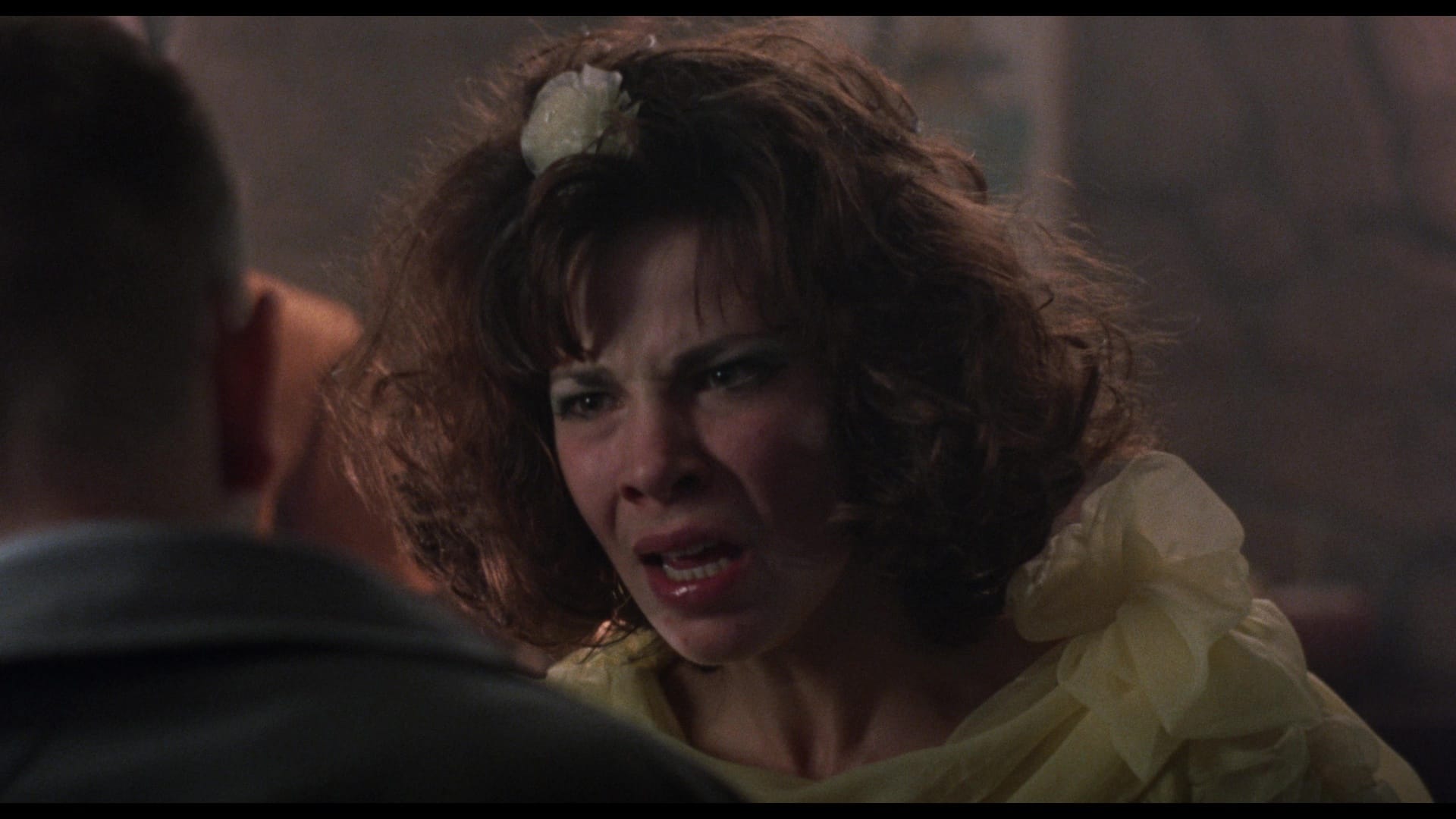
That works out about as well as you’d expect – the tension of the film’s first third isn’t whether Rose will find out about the dogfight, but when – but that’s where Comfort’s screenplay surprises. Rose figures it out pretty quickly, and it’s what happens afterward that makes Dogfight so special: Rose and Birdlace keep talking. Shouting, at first, and then pacing and arguing, but always talking, and eventually the tenor of that conversation becomes something completely different, something honest and apologetic and painful and true. I do not doubt Richard Linklater was paying attention; five years later, Before Sunrise would play the same notes, just without the period trappings.
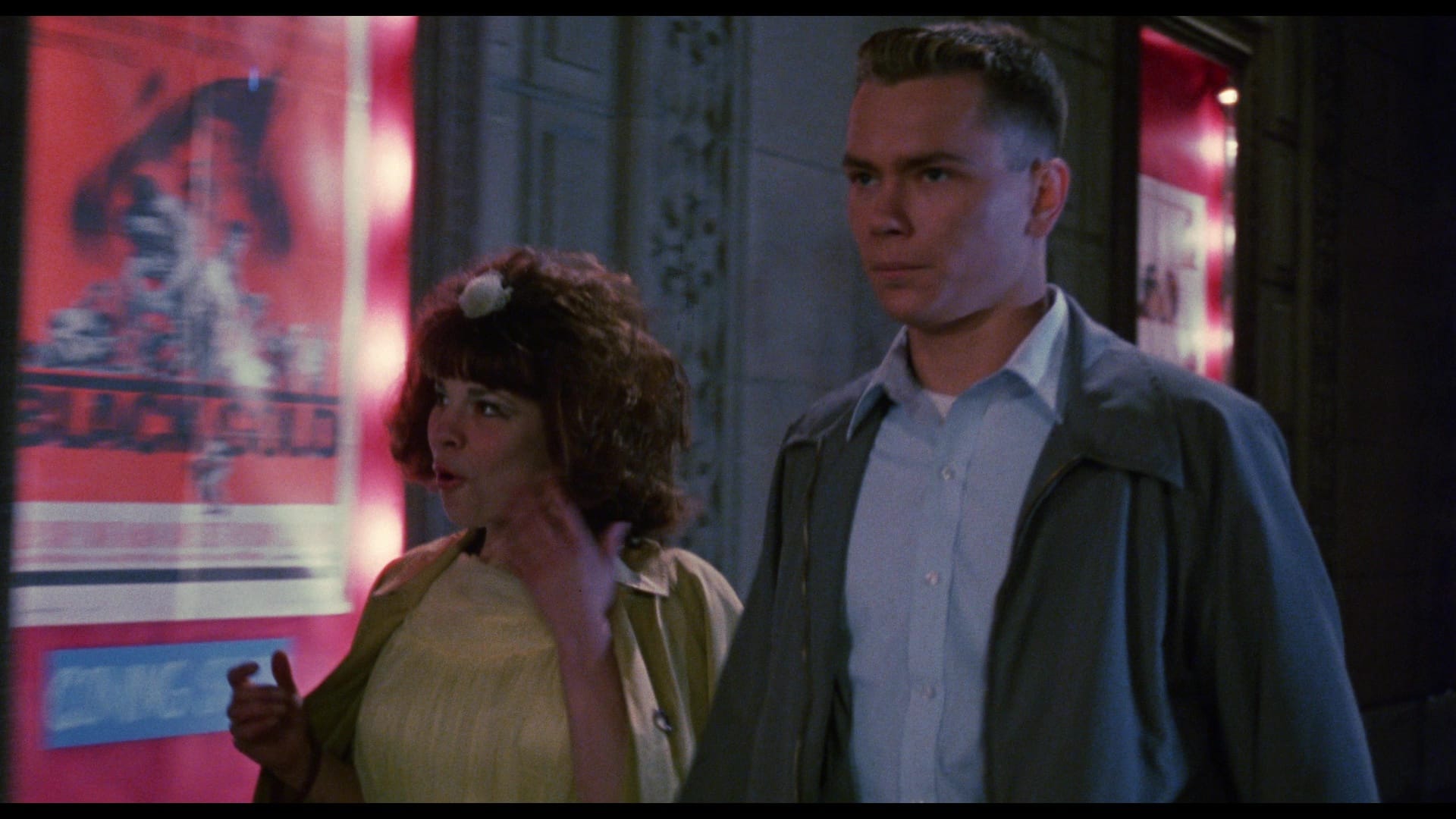
But the period trappings are essential to Dogfight. Swaggering among the flower people of folk-era San Francisco, Birdlace and his Marine buddies represent the American convulsion of the moment, the clash between aggression and compassion that’s never really gone away, and which turns out be entirely relevant to the week of the Criterion edition’s release. Talking is the only thing that ever saves us. We talk until the other person understands. And then we hold each other.
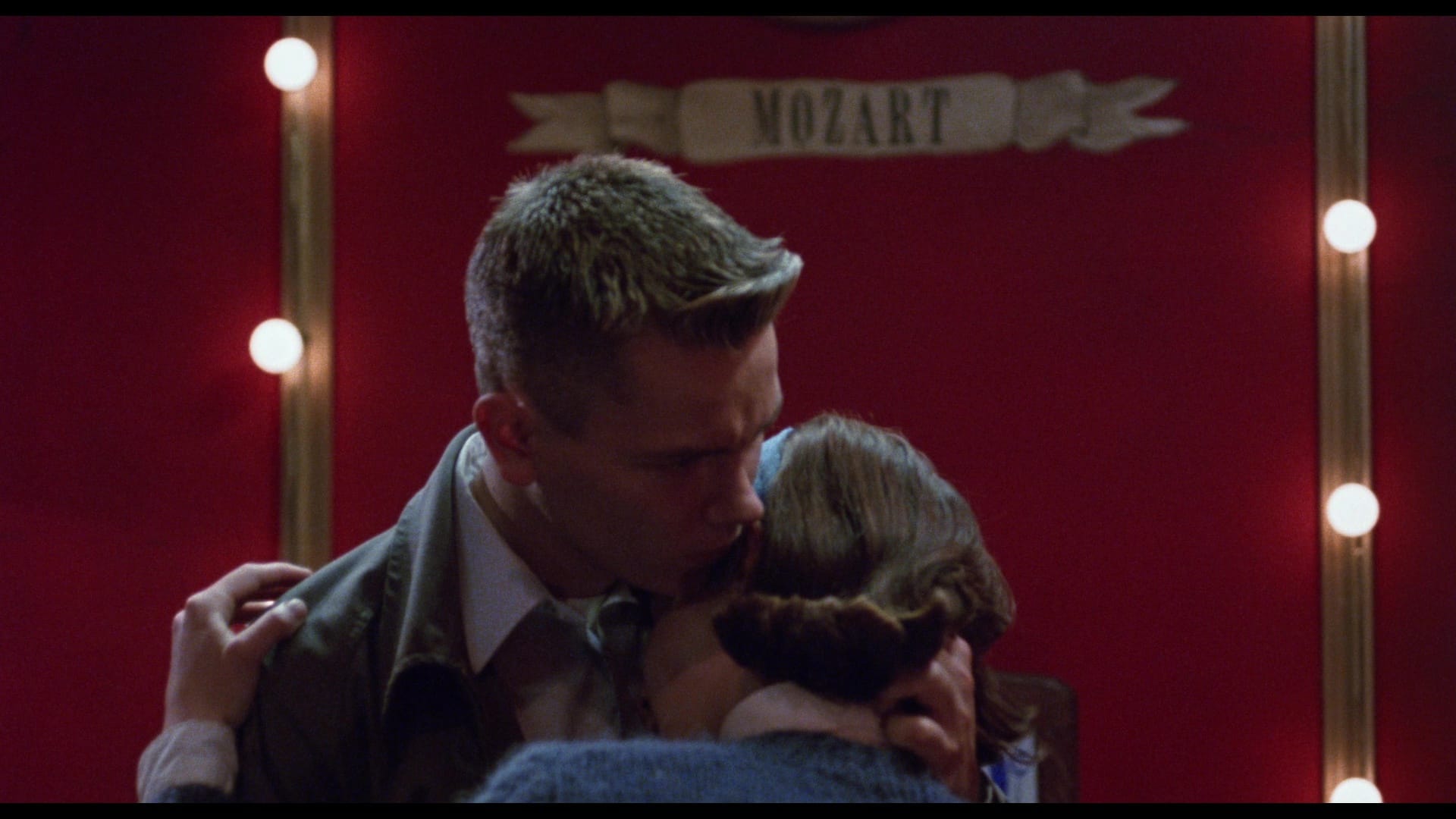
Oh right, the Blu-ray. Dogfight joined the Criterion Collection this week in a very fine 2K restoration, with Savoca and producer Richard Guay’s archival audio commentary supplemented by two new half-hour featurettes: An excellent conversation between Savoca, Taylor and filmmaker Mary Harron, and “The Craft of Dogfight”, which rounds up DP Bobby Bukowski, production designer Lester W. Cohen, script supervisor Mary Cybulski, music supervisor Jeffrey Kimball, supervising sound editor Tim Squyres, and editor John Tintori. The supplements are good; the film is great.
Dogfight is my favorite kind of love story: The kind that understands how a powerful connection to another person doesn’t just knock a person off their axis but changes them forever, and how rare and wonderful it is when both people in that love story realize it at the same time. When I met Lili Taylor on the Conjuring junket a decade ago – which happened to be taking place in San Francisco – we talked about Dogfight for a bit. I told her the same thing I told Savoca – that I think about that last shot all the time – and she said she does too.
“It’s precious,” she said.
“The shot, or the movie?” I asked her.
“Both, I guess,” she said. And of course she was right.
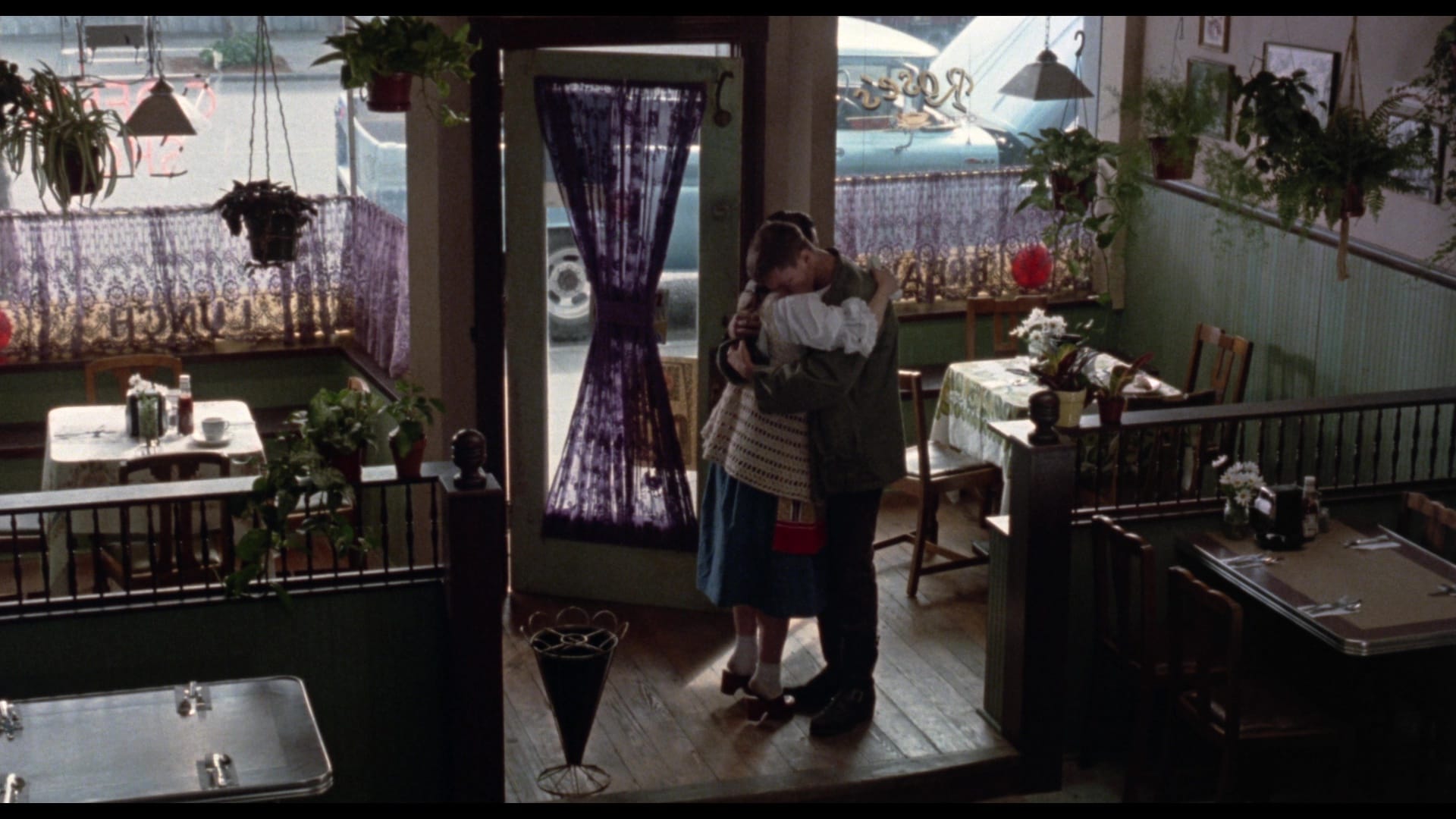
Dogfight is now available on Blu-ray from the Criterion Collection. The films that bookended it, True Love and Household Saints, are newly available on Blu-ray from Kino Lorber. Collect them all, you'll be a better person for it.
